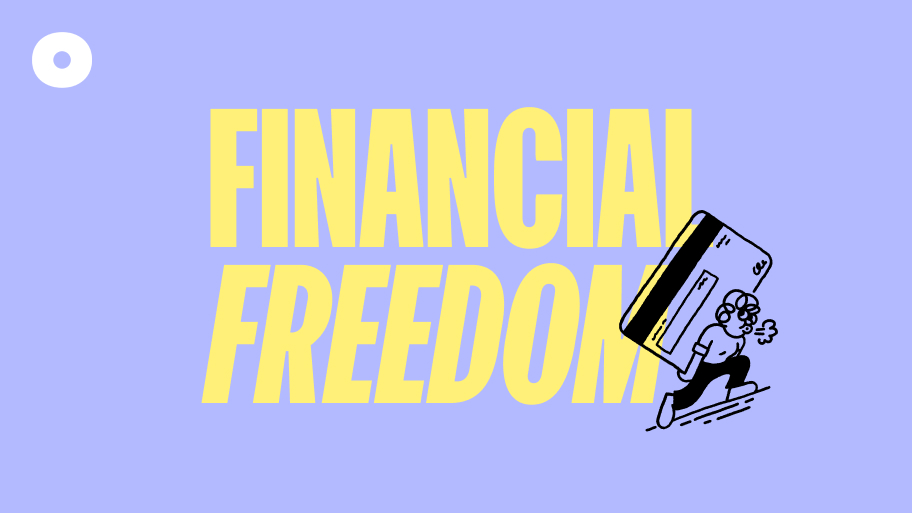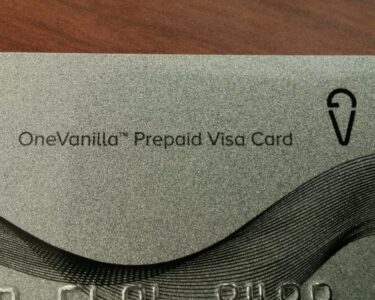If you ask any adult if they want to be financially independent, the response will surely be a resounding, “Yes.” No debt, some spending money in the bank, and plans for early retirement are the stuff dreams are made of.
However, ask any adult if they believe they can become financially free, and fewer will respond affirmatively. Wage stagnation, credit card debt, mortgages, car loans, and student loans are the stuff reality is made of.
Financial independence can be achieved. However, it requires discipline, patience, and sacrifice. If you have those, you may be able to tunnel your way out of debt. Here are five tips you can use to make your way toward financial freedom.
1. Spend Only the Money You Have
Credit can be a wonderful thing. With it, you can buy things whenever you want. Even if you don’t have enough money in the bank.
Used wisely, credit is the path to life’s major investments, such as a mortgage on a modest home. Alternatively, credit used unwisely is a major roadblock to achieving financial freedom. Spending within your means is one way to prevent accruing debt, and it’s a great step toward financial independence.
One of the most obvious options to prevent overspending is to stick to a debit card instead of relying on credit cards. Some debit cards and their corresponding accounts don’t charge fees. Plus, since you’re spending your own money, they certainly don’t charge ridiculous interest on balances.
If you lack some spending willpower, debit cards can help you build some discipline. If a pricey gadget catches your eye, you simply can’t buy it if you don’t have the money.
Once you commit to using only your own money for purchases, you might find the habit an easy one to keep. Your debts won’t increase, and your financial situation will be much clearer. You’ll be on solid footing on the path to financial freedom.
2. Track Your Spending and Develop a Budget
A recent Gallup poll revealed that only about one in three people develop and stick to a budget. In a world of automatic electronic debits, working without a budget is like walking a high wire without a net. It’s easy to completely lose track of where your money goes.
Before developing a budget, track your spending over the past few months. You might be surprised to see what rabbit holes your money is falling into. Make a list of expenses and start eliminating those you don’t really need.
Create a monthly budget that includes the necessities first, and see how much of your monthly income remains. You can budget a little for frivolities, but you need to keep that line item to a minimum. Remember, the less you spend on things you don’t need, the sooner you can become financially independent.
Your budget goal should be to spend less, not equal to, the amount you bring home. You can use some of the overage to pay off debt such as credit cards, student loans, and car loans. Or you can use it to contribute to savings and retirement investments.
3. Set Specific and Realistic Financial Goals
Setting specific goals adds intentionality to your efforts to become financially independent. Every time you start to wander off the path, your goals should bring you back.
The exercise of setting goals reveals where you are as much as where you want to end up. Say you want to buy a home in two years. You’ll have to pay off other debt, and your credit score will need to be sitting pretty by then.
Where are you when you set that goal? Is two years realistic, or do you need more time? Most of all, are you willing to make the sacrifices you need to get there?
Unrealistic goals are not only hollow, but you risk significant disappointment when you can’t reach them. Establish workable financial goals, and focus on doing everything necessary to achieve them. Victory will be yours.
4. Find the Balance Between Paying off Debt and Building Savings
If you’ve committed to the previous tips, you’ll see more money in your account at the end of each month. Then you have a decision to make. Do you use what’s left to pay off debt, or do you squirrel it away in savings? The answer depends on the type of debt, whether you have savings, and what retirement investment opportunities you have.
Low-interest debt is tolerable over time, and there may be tax advantages to certain debts, like mortgages or student loans. Double-digit interest on credit card balances is completely different, though. You should focus on paying off that debt as quickly as possible and not incurring more of it.
At the same time, you should have enough in savings to cover at least six months of expenses. An unexpected health emergency or employment issue could reverse all the progress you’ve made getting out of debt. Then there’s long term savings you should consider. You shouldn’t opt out of employer matching of your retirement account since it’s essentially free money.
There’s no one-size-fits-all answer to this question. But you can use these general guidelines to find your own sweet spot between debt pay-off and savings. They’re both investments in your future.
5. Spend Money on Experiences
It may start to seem like the road to financial freedom is paved with a vow of poverty. Although the end goal is worthy of some sacrifice, you should enjoy life while getting there.
Research shows that experiences generally make people happier than possessions. In fact, the mere anticipation of making an experiential purchase is almost as rewarding as the experience itself. Does that mean you should plan a vacation instead of buying a new flatscreen television you would have for years?
Logic would indicate that buying something you’ll have for a long time is a smarter use of limited spending money. But when you’re making sacrifices to work toward financial freedom, happiness may be more important. Even if you’ll have the television for years, a trip offers an experience that will last a lifetime.
If the research is right, you’ll derive more enjoyment from that vacation. You might also be reminded of why you’re working so hard to spend less money. Someday, you can leave a new flatscreen at home while you fly off to the destination of your choice.
The road to financial freedom is rife with barriers, potholes, and poor signage. However, those truly committed to arriving there should be able to successfully complete the journey. All that discipline, patience, and sacrifice will be well worth the trip.



